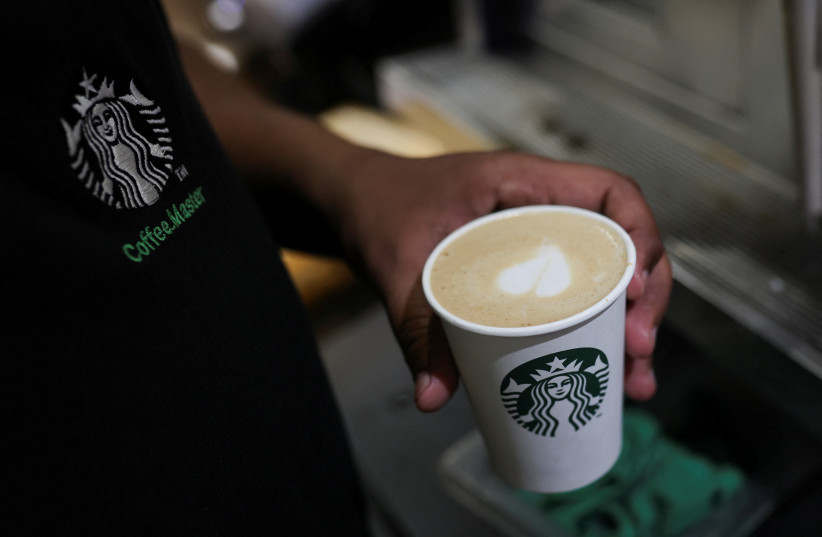Gulf retail giant AlShaya Group, which owns the rights to operate Starbucks in the Middle East, plans to lay off over 2,000 people as the business suffers from consumer boycotts linked to the Israel-Hamas war, people familiar with the matter said.
The cuts, which began on Sunday, amount to about 4% of AlShaya's total workforce of almost 50,000 people and are mostly concentrated in its Starbucks franchise in the Middle East and North Africa, said the people, who declined to be named as the matter is not public.
The boycotts have led to tough trading conditions for the company, one of the people said.
Rising challenges since the start of the war
"As a result of the continually challenging trading conditions over the last six months, we have taken the sad and very difficult decision to reduce the number of colleagues in our Starbucks MENA stores," AlShaya said in a statement, without confirming the number of job losses.
AlShaya said it would support colleagues leaving the business and that it remained committed to the region.
"Our thoughts are with the green apron partners who will be leaving, and we want to thank them for their contributions," a Starbucks spokesperson told Reuters.
"Starbucks remains committed to working closely with AlShaya to drive long-term growth in this important region," the Starbucks spokesperson added.
Neither AlShaya Group, nor the sources, said how many staff the group employed at its Starbucks operations.
AlShaya's roots and operation rights
Established in 1890 in Kuwait, AlShaya is one of the biggest retail franchisees in the region with rights to operate businesses of popular Western brands including The Cheesecake Factory and Shake Shack.
It has owned the rights to operate Starbucks coffee shops in the Middle East since 1999. The Starbucks unit runs around 2,000 outlets in 13 countries, across the Middle East, North Africa, and central Asia.
US private equity firm Apollo Global Management has been in talks to buy a stake in AlShaya's Starbucks business, three sources close to the matter told Reuters last month.

Western brands have been hit by a largely spontaneous, grassroots boycott campaign over Israel's military operations in the Gaza Strip prompted by the deadly Hamas attack in southern Israel on October 7.
Response to boycotts by Starbucks
In the wake of the boycotts, Starbucks in October said it was a non-political organization and dismissed rumors it had provided support to the Israeli government or military.
Starbucks said in January that the Israel-Hamas war had hurt its business in the region as it missed market expectations for first-quarter results.
It said sales were significantly impacted due to the conflict, in the Middle East and the United States, as some consumers launched protests and boycott campaigns asking the company to take a stance on the issue.
In January, AlShaya said it was scaling back operations in Egypt due to the country's ongoing economic troubles including multiple currency devaluations and record inflation. It did not comment on which stores it would close or when they would shut.
